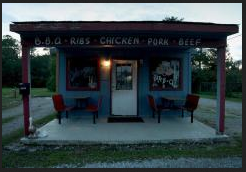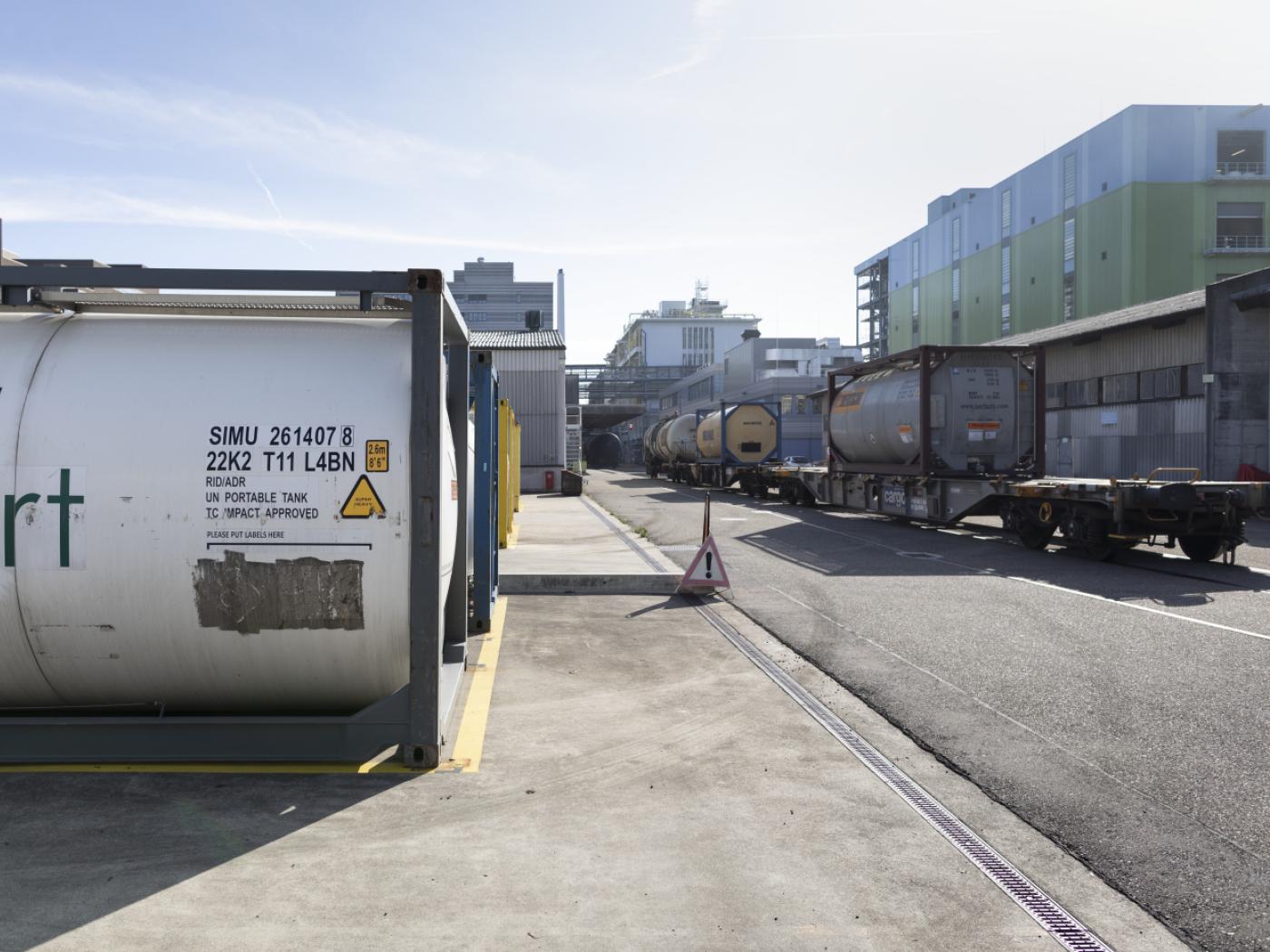The chaos economy we’re witnessing is not the fault of the market economy. Rather prices in some areas of the economy need to rise so high and so fast to harmonize supply and demand that entrepreneurs can hardly keep pace.
Original Article: “We’re Living in a Chaos Economy. Here’s How to End It.”
The Federal Reserve has been increasing the money supply at an explosive rate. The federal budget, deficits, and the trade deficit are record levels. Governments, both foreign and domestic, have locked down people, restricting production and consumption. How should this be viewed by an economist?
There is clearly chaos in the economy, and hardly a day goes by when I don’t find unusual if not unprecedented situations in day-to-day economic life. However, many people and economists are either oblivious to the problems or in denial. Things are normal for them. Politicians are mostly in this camp. For economists and investment promotors, inflation is “transitory.” They don’t know how the economy works and they expect near perfection from the economy and entrepreneurs. This view is wrong.
The chaos is all too real for most others. Homemakers who spend household income are seeing their purchasing power shrink, their choices disappearing, and more of their time consumed stretching the family budgets. Christmas shopping will be worse than normal.
Chaos deniers are further entrenched in their experience by the mainstream media (MSM). The problems are either not reported by the MSM or are masked by aggregate statistics like price inflation, i.e., the Consumer Price Index, low unemployment, wage increases, and extremely high stock markets and real estate, especially housing prices. These stats make people feel good, or at least less nervous.
Below the government economists’ radar there is real economic suffering. Small businesses are hurting and going out of business. Based on Help Wanted signs I drive by every day, it is extremely difficult to hire employees or purchase inputs. One local BBQ restaurant recently had a sign that said, “Out of Chicken, Pork and Beef.”
Big business is likewise finding roadblocks throughout their supply chains, primarily because of lockdowns and covid restrictions. This government roadblock to economic life is epitomized by the five hundred thousand shipping containers stuck off the port of Long Beach, California. Meanwhile, domestic inventories are dwindling for everything from houses to mayonnaise.
Austrian economics provides an understanding of the causes of this chaos and the way to solve it.
The Fed’s actions have been a tidal wave force against the economy. Printing money has given some signs of prosperity, but its main known effect tangible effects are higher prices, malinvestment, and more wealth redistributed from the middle class to the very wealthy.
The solution is straightforward. The central bank needs to stop its policy of propping up the markets for government bonds and home mortgages and the perverse effects it is creating on the general loan market in the form of ultralow interest rates. Promises of the Fed “tapering,” where they do fewer asset purchases, is really too little too late. Completely ending assets purchases by the Fed would stop their mischief, limit the damage, and would make stocks, bonds, and homes more affordable for Americans.
Lockdowns and restrictions are a great harm to the US and world economies. Why are so many cargo ships sitting waiting for unloading? Why are others going unfilled in the first place? Why aren’t truckers driving product to market? Why isn’t product being placed on shelves? There are millions of details here, but in many cases, workers are not available or are unwilling to comply with covid restrictions and requirements. Production is stuck in a quagmire of government intervention.
A big piece of the problem are the restrictions and subsidies in the US labor markets. Special unemployment benefits and stimulus checks from the government mean that not working pays more than working, plus more leisure time for those that accept being on the public dole. In one recent week I engaged with three small businesses. They could not have continued to operate if they had not been able to hire a few new workers who were unwilling to be on the dole or, more likely, had not realized how easy it is to collect unemployment. Locally, McDonalds is offering 50 percent higher than minimum wage for fourteen-year-old kids, and they are still having trouble attracting workers!
The bottlenecks, empty shelves, business closures, reduced hours, and “worker wanted” signs are not the direct result of price controls nor are they the fault of the market economy. Rather prices in some areas of the economy need to rise so high and so fast to harmonize supply and demand that entrepreneurs can hardly keep pace in this environment dominated by government interventions and heightened uncertainty. I truly sympathize with entrepreneurs who are trying to save jobs, keep food on our tables, plus pay a huge chunk of taxes.
Locally, an ice cream stand that has been successfully in business for almost seven decades had to shut down. It wasn’t the complexity of the business, the lack of product or even the higher prices it charged. They could not find and maintain a workforce through the maze of restrictions of unemployment subsidies.
The current owner of this beloved multigeneration family-owned business explained, “We don’t really know what’s going to happen. It just depends on COVID and when people want to start working.” It is unclear what aspect(s) of covid is their primary concern, but the main complaint is that “[n]obody wants to work anymore.” The federal government, in a variety of ways, is what killed this business.
It is evident and increasingly clear that unemployment insurance bonuses and government stimulus checks must be stopped for the economy to recover.
It’s not just retail products that are not readily available even at higher prices. People who repair and replace things that wear out or break in normal circumstances are also much scarcer. Repair-and-replace service dealers are having a hard time finding parts, replacement models, and workers to make parts and products and to service and replace them in a timely manner. I have had several such companies not answer their phone and not be able to offer appointments or show up on time because of a lack of parts and employees. All of these companies were reliable and showed up on time for repair appointments before the government-caused chaos.
Buying a new car or large flat-screen smart TV is a joyous occasion in a family’s material life. We know that we will get years of enjoyment for a good price. How does this compare to going without a refrigerator, hot-water heater, or air conditioner because the product was not available?
It should be clear that the cause of our new economic problems is massive across-the-board government intervention here and abroad. Among the negative consequences are these harms and dislocations we face. The solution is to remove those government interventions.
Not only have they caused a great deal of interference in economic transactions, but they have destroyed businesses and people’s lives. Many have also even died as a result, from the despair and chaos, not the disease. Meanwhile, social media and internet giants, and pharmaceutical companies, among others, have received an enormous unearned windfall.
This is an economic crisis, and it is one of the government’s making. Economic statistics and stock markets (led by a small number of superwinners from the lockdowns) have masked the calamity. The sure remedy is to end the interventions, especially the Fed’s inflationary policy and the restrictions and subsidies on production and consumption. This would help restore the market economy to a functioning state.
This Audio Mises Wire is generously sponsored by Christopher Condon. Narrated by Michael Stack.
Full story here Are you the author? Previous post See more for Next postTags: Featured,newsletter




























